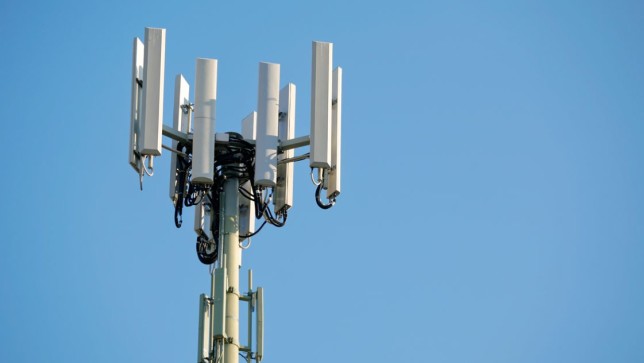
How Leadership has Changed
I’m going to do a little Seth Godin-esque blogging. Not as pithy as your 280 character tweets, but fewer words than my previous posts.
The role of a leader has changed from the industrial era where leaders were responsible for the “management” of information acting as a decision engine. They were expected to have more experience and knowledge than those who reported to them, the central “hub” of information. Information flowed into the leader, who would then make a decision that subsequently required to be carried out. From an organisational hierarchy perspective, information was centralised and sucked up, feeding up the chain of the org chart relative to the importance of a decision.
However, with the rise of the knowledge worker there is just too much information for a leader to realistically “manage”. The pace of information being generated and required to be actioned has reached a point where the leader is not longer the manager of information, but the “facilitator” of information flowing freely within and between teams. Decisions are made in a decentralised manner with leaders becoming a cell tower for its team to enable faster and more effective decision making by the team.
Teams that still rely on leaders for information management will get beaten by more collaborative decentralised teams whose leaders excel in information flow facilitation especially where technical expertise and knowledge are critical for a favourable outcome.